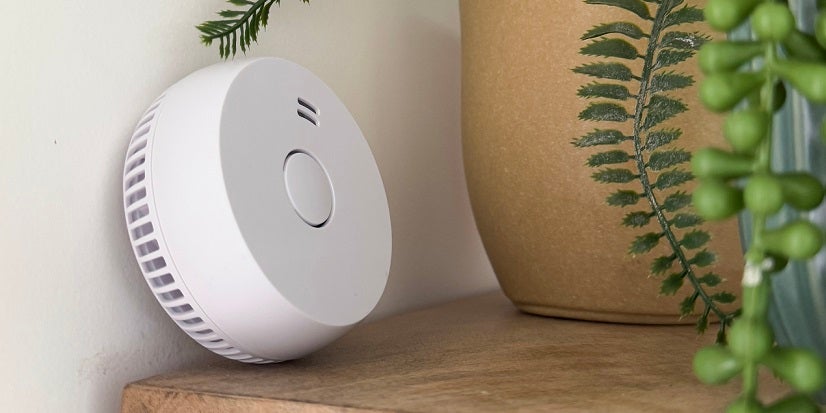A Hidden Danger in Paradise: How to Stay Safe

We’ve all heard about the recent tragedy involving the young boy who died from carbon monoxide poisoning while vacationing in Costa Rica. Stories like that hit hard and can make you think twice about staying in unfamiliar places when you travel. It’s scary, but it doesn’t mean you need to cancel your plans or stress every time you check into a hotel or Airbnb. The key is knowing how to protect yourself and taking a few simple precautions before and during your trip.
Carbon monoxide is a colorless, odorless gas that can be deadly, and unfortunately, it can show up in more places than you might think. Most people associate it with heaters in the winter, but here in Louisiana, it’s something we deal with all year round. Generators are a major source of carbon monoxide poisoning if they’re not used properly.
That’s why having a carbon monoxide detector in your home is so important. These small devices can alert you if levels get too high, giving you time to get to safety.
The good news is there are portable carbon monoxide detectors made specifically for travel. They’re small and easy to pack, and most of them plug right into a wall outlet. If levels go above zero, they’ll sound an alarm so you know something’s wrong. Some even have battery backup options in case you’re staying somewhere without power or with unreliable electricity.
If you’re traveling internationally, especially to Europe, don’t forget that you’ll need a plug adapter to use your detector. European outlets are shaped differently and run on a different voltage than in the U.S., so it’s worth double-checking before you go.
Carbon monoxide poisoning is rare, but it’s also something that can be prevented. Whether you’re heading out for a weekend getaway or an overseas adventure, bringing a portable detector gives you one less thing to worry about. It’s a simple step that can make a big difference.


